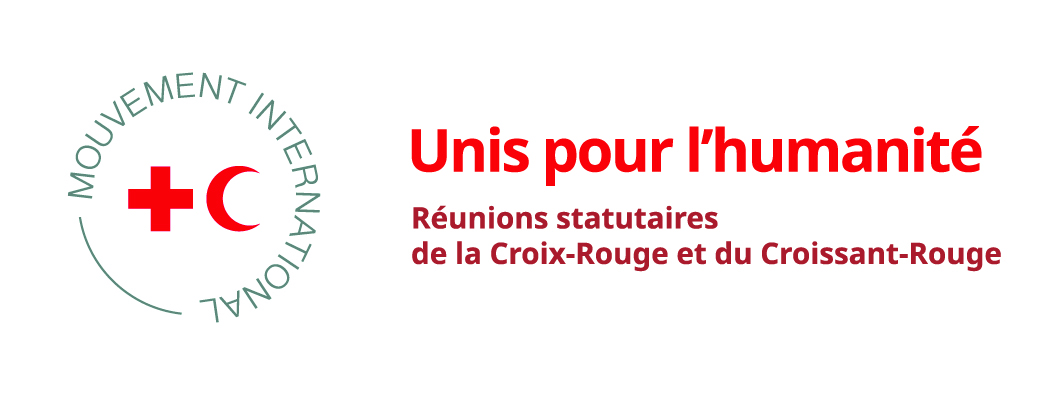Mesures prises:
During 2020-2023, the Belgian Red Cross has worked with the Belgian authorities to strengthen the training activities on IHL rules applicable to medical personnel and infrastructures and to move forward on the analysis of the domestic legal framework on provision and protection of medical care in situations of emergency, including armed conflicts.
IHL training activities
Ad hoc trainings have been organized by the medical component of the Ministry of Defence with the support of the Belgian Red Cross since 2018, in the framework of the implementation of a bilateral agreement of cooperation concluded in 2012. The Belgian Red Cross provides a module on IHL, including a section on rights and responsibilities of medical personnel and the main challenges in the respect of medical personnel in armed conflict, towards several groups of officers and non-commissioned officers of the medical component of the Belgian armed forces. Since 2022, the National Society has reviewed its module to increase the interaction with the participants through more case studies and exercises of dilemma on the rules of protection of health care.
Moreover, also in the framework of the bilateral agreement, the Belgian Red Cross has raised the protection of health care in different trainings and exercises’ sessions addressed to other militaries, including the future ‘advisors in the law of armed conflicts’ and officers from the CIMIC/Ci-MEG component.
At each session, some recommendations are shared by the National Society to minimize the incidental effects of the military operations towards the medical personnel and infrastructures and to ensure a safe access to medical services. These trainings have implications for the planning of operations and have been supported since 2020 with the publication of more detailed guidelines on “Protecting Health Care Guidance for the Armed Forces” (ICRC, 2020).
During 2020-2023, in parallel with the training of the armed forces, IHL training sessions were also organized by the Belgian Red Cross for the civil medical personnel, in particular in the programmes of the postgraduate ‘Tropical Medicine for bachelors in nursing and midwifery’ and the Postgraduate Certificate ‘in Tropical Medicine and International Health’ (doctors) of the Institute of Tropical Medicine in Antwerp, and in the training of Médecins du Monde staff members. More recently, Belgian Red Cross has also been invited for the first time by Université Catholique de Louvain to give a lecture in 2024 on an introduction of IHL, in the framework of the Interuniversity certificate ‘Humanitarian surgery in austere environments’ organized in partnership with Université de Liège and Université Libre de Bruxelles and addressed to surgeons, as well as assistants undergoing training in this area of specialization. Given the fact that this target audience is not familiar with IHL, an introduction on basic concepts of IHL was given on rights and responsibilities of medical personnel and the main challenges in the respect of medical personnel in armed conflict as well.
Analysis of the domestic legal framework on provision and protection of medical care in situations of emergency in cooperation with the Belgian authorities
Concerning the review of the national legal framework, an ad hoc working group was established in 2018 within the Belgian Interministerial Commission for Humanitarian Law in order to reinforce the legal framework relating to the protection of health care as it was mentioned above (see the Belgian authorities’ report on this pledge).
This working group is chaired by the Belgian Red Cross. An analysis of the relevant national legislative provisions is currently undertaken under the supervision of the National Society for the main topics in the light of the IHRL and IHL provisions: the organization of the urgent medical assistance and the access to health care; the protection of wounded and sick; the identification and the protection of the medical personnel; the identification, the localization and the protection of the medical facilities; the use, the protection and the effective respect of the emblems; the medical ethics and confidentiality; and the sanctions. The outcomes of the analysis will help to review the legislation and to suggest recommendations to improve its compliance with international law.



